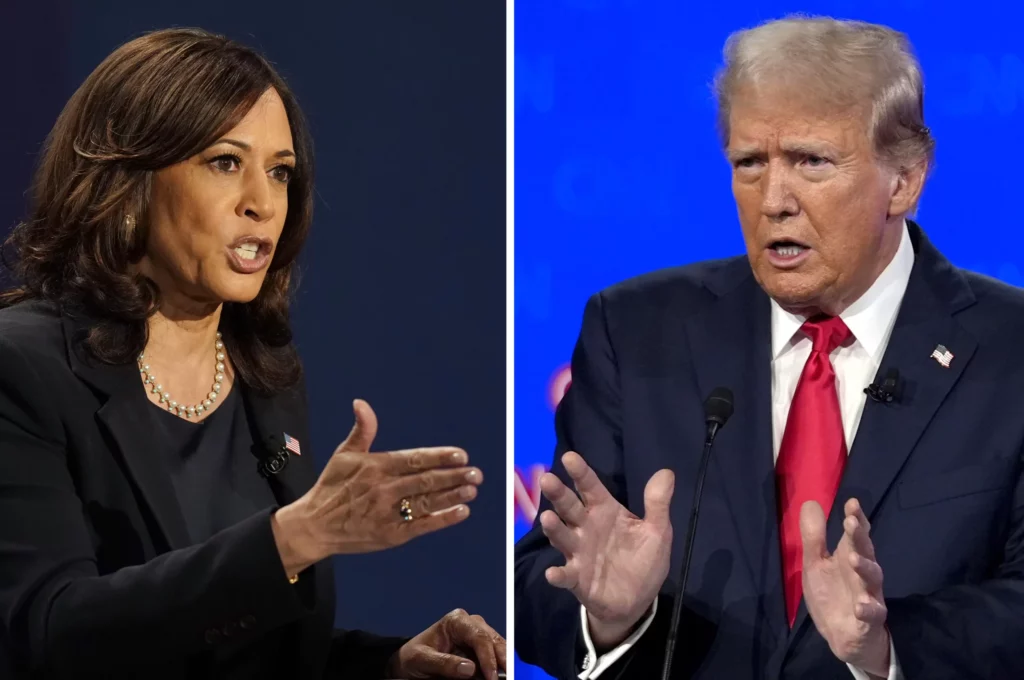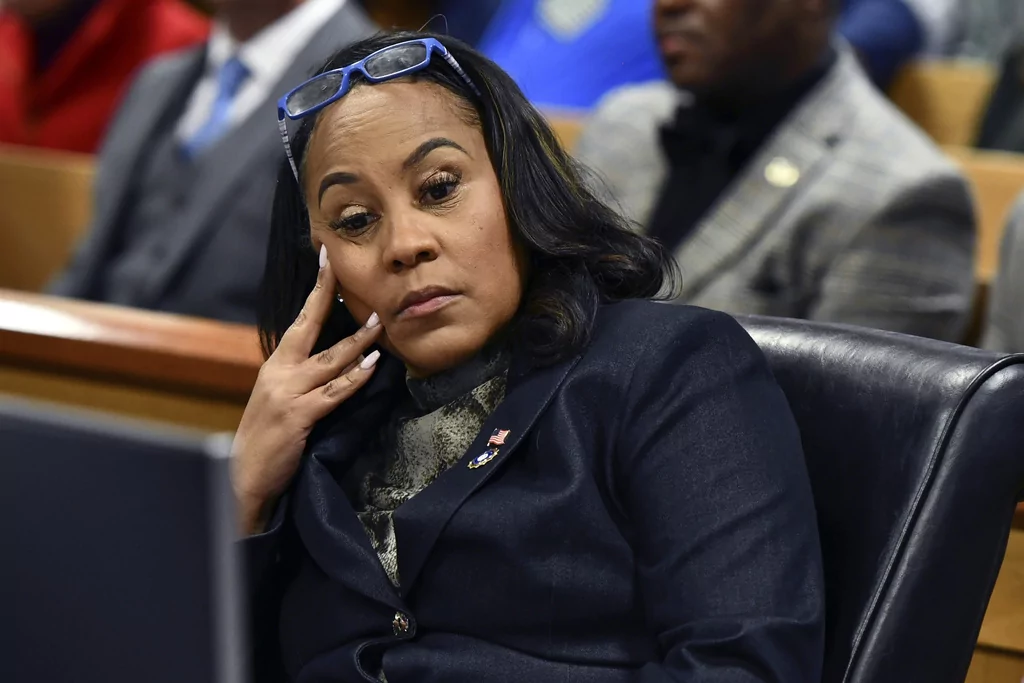
As former President Donald Trump campaigns against Vice President Kamala Harris in the 2024 presidential election, he is also navigating a series of crucial criminal and civil legal battles that could significantly affect the final weeks before Election Day.
Several key developments are on Trump’s legal calendar before the Nov. 5 election, the outcome of which will determine whether his troubles from special counsel Jack Smith’s pair of indictments will continue.

Smith, on Aug. 26, filed his first arguments to the U.S. Court of Appeals for the 11th Circuit after District Judge Aileen Cannon dismissed the classified documents indictment against Trump earlier this month after finding Smith was improperly named to the job under the Appointments Clause.
The next day, Smith filed a surprise superseding indictment against Trump in the 2020 election subversion case using a separate grand jury that had not previously heard the case. The four charges against Trump remain, but the indictment was trimmed back to reflect the “government’s efforts to respect and implement the Supreme Court’s holdings and remand instructions in Trump v. United States,” referring to the July 1 immunity ruling.
Meanwhile, Trump’s appeals over his civil fraud judgments, which top nearly $563 million across three separate disputes, are set to enter appeals phases in September.

Here is a look at the preelection legal calendar the former president faces:
Sept. 5: District Judge Tanya Chutkan will hold a status conference in the federal election case against Trump to determine the next steps. This case was on hold while the Supreme Court weighed the presidential immunity question, and the hearing will set the stage for how proceedings will move forward, potentially adding new deadlines and hearings.
Sept. 6: Trump’s legal team has appealed a civil court verdict that found him liable for defaming and sexually abusing writer E. Jean Carroll. The appeal, which will be heard by a state court during the first week of September, could influence public perception as Trump was previously ordered to pay $5 million in damages. This is separate from her second defamation case, which resulted in an $83 million judgment against Trump.
Sept. 16: Judge Juan Merchan will decide whether to grant Trump’s request to overturn his conviction in the hush money case. Trump argues that the Supreme Court’s recent ruling on presidential immunity invalidates some of the evidence used against him. The Supreme Court majority ruled that prosecutors cannot use a president’s official acts as evidence in a trial, even if the charges themselves are solely related to unofficial conduct. If the judge agrees with Trump, this could nullify the guilty verdict.
Sept. 17: Trump’s lawyers will confront Capitol police officers in a federal court hearing as the officers seek to hold him accountable for what they see as his role in the Jan. 6 riot. This case, moving toward trial, follows a ruling that Trump has no civil immunity in this matter.
Sept. 18: Trump is scheduled for sentencing in the New York criminal hush money case, in which he was found guilty of 34 felony counts. However, he has requested to delay this sentencing until after the election, and Merchan’s decision on this matter could come just days before. Manhattan District Attorney Alvin Bragg, who is an elected Democrat, said he does not oppose the request to delay the sentencing.
Sept. 26: Trump’s appeal of a roughly $464 million civil fraud judgment against him and his business associates will be heard in state court. A judge found Trump liable earlier this year for inflating the value of his assets to obtain more favorable loan terms. While a conclusion in this fight may not occur before the election, the hearing will add another layer of complexity to Trump’s legal challenges.
Election outcome will determine Trump’s fate and freedom
If Trump wins the election, some of his criminal proceedings might end. He could potentially dismiss federal charges in the 2020 election and classified documents cases by appointing Department of Justice officials willing to drop them. However, state prosecutions, such as the racketeering indictment in Georgia, would remain beyond his reach, though those proceedings might be paused until his term ends.
Uncertainty remains over New York sentencing

There are uncertainties about how sentencing in the New York hush money case will unfold. Judge Merchan still has to rule on Trump’s request to delay his sentencing, which could push it back until after the election. The judge is also slated to decide two days before the scheduled sentencing whether the immunity decision should invalidate the jury’s guilty verdict.
Late Thursday evening, Trump’s attorneys sought a last-ditch effort to remove the hush money case to federal court and argued the prosecution violated his constitutional rights and contradicted the Supreme Court’s decision.
The notice for removal to federal court was not rejected but was kicked back Friday evening, with the a court clerk message that it had not been filed under the “wrong event type” and did not include an “order granting permission to file the pleading” or an order granting of “leave” by the state court, meaning Trump can attempt to submit again beginning Tuesday after the Labor Day Holiday weekend.
It’s unclear at this time when District Judge Alvin K. Hellerstein will respond to this matter once Trump resubmits, and whether it will ultimately succeed. If not, it means Trump’s hush money case will remain in state court.
It’s unclear at this time whether District Judge Alvin K. Hellerstein will respond to this matter before Merchan rules over the request to delay the sentencing.
What is happening in Georgia

In the meantime, Trump has received a long reprieve from his legal woes in the Fulton County racketeering case brought by District Attorney Fani Willis due to his claims that she should be removed over alleged improper use of her office. The claims stemmed from a romantic relationship she had with her former special prosecutor, Nathan Wade, after she hired him to work on the case.
Trial court Judge Scott McAfee ruled that either she or Wade had to step down, and Trump has since elevated the case to the Georgia Court of Appeals and argued Willis should be removed due to outside comments she made that he says could taint a future jury. Oral arguments in that dispute are slated for approximately a month after Election Day.
How early voting plays a key role
CLICK HERE TO READ MORE FROM THE WASHINGTON EXAMINER
With early voting starting in some states in September, Trump’s legal battles will track closely with the election timeline. This overlap could affect early voter sentiment, especially because key developments, such as his sentencing, may unfold just before ballots are mailed out.
How these legal challenges are resolved could play a crucial role in when the first states hold early voting, such as Minnesota and Virginia, where voting begins on Sept. 20.








